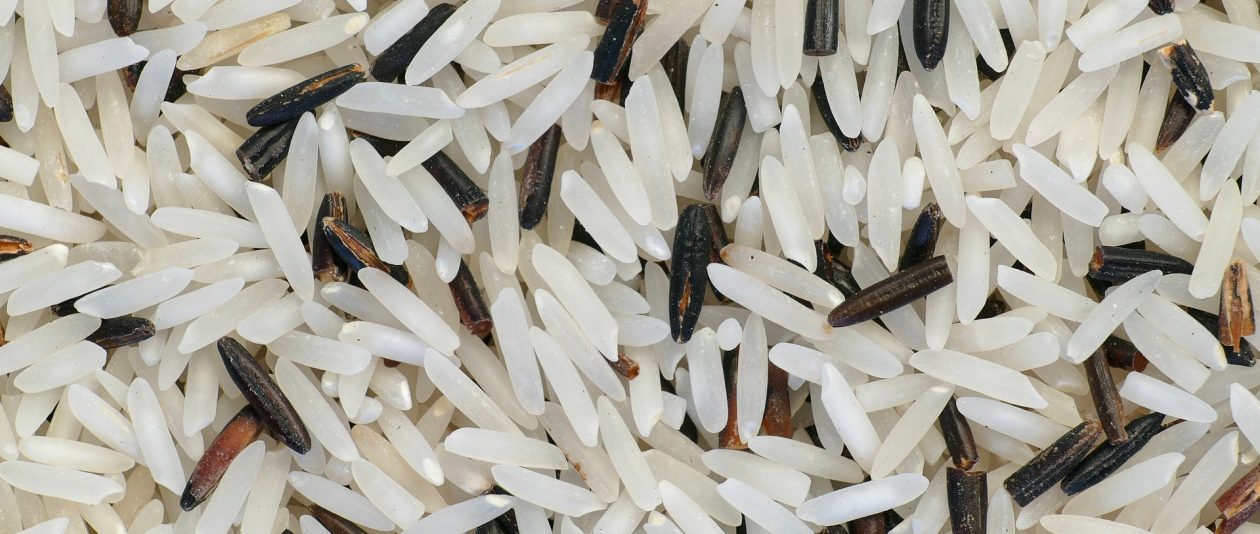
Tristar Overseas, a leading basmati rice exporters, engaged in supplying traditional basmati rice, pusa basmati rice, sharbati rice, parmal basmati rice and all other varieties of basmati rice from India.
The name Basmati comes from the Hindi language, meaning ‘Queen of Fragrance’.
Indian Basmati Rice has been grown in the foothills of the Himalayas for thousands of years. Its perfumy, nutlike flavor and aroma can be attributed to the fact that the grain is aged to decrease its moisture content. When cooked, it swells only lengthwise, resulting in long slender grains that are dry, separate and fluffy.
Due to the high amount of starch clinging to the rice grains, Basmati rice should always be washed before being cooked.
Basmati rice is known as the queen of rice. It is long-grained, nonglutinous and particularly good for formal rice cooking. Basmati Rice is a simple grain yet throughout history it has been on royal menus of various cultures as the main dish.
There is an old Indian saying … “Grains of rice should be like two brothers -close but not stuck together Basmati, long-grained rice with a fine texture is the costliest rice in the world and has been favored by Emperors and praised by poets for hundreds of years.
Basmati have for thousands of years been appreciated in its origin countries and during the latest years have the market shares in the Middle East, Europe, and the States increased rapidly when consumers have found the high quality in Basmati rice.
Do you Know What makes Basmati rice smell so good? Science has the answer – Basmati grains contain 0.09 parts per million of the chemical compound 2-acetyl-1-pyrroline, which is about 12 times more than concentrations found in unscented rice varieties and enough to give Basmati its distinctive spicy fragrance. That aroma – along with fine, slender grains and a soft, fluffy texture when cooked – has made Basmati the world’s most sought-after rice, fetching up to 10 times more than common rice on international markets.
In fact, in the year 2000, the American corporation RiceTec made an effort to patent Basmati rice and trademark the name. The Indian government intervened, however, and the attempt was thwarted. Meanwhile, the European Commission has agreed to protect basmati rice under its regulations pertaining to geographical indications.
Our Dehradooni Basmati Rice Specifications
· Length: 7.4 mm
· Colour: Creamy White
· Whiteness: 42 degrees on Kett scale
· Elongation: 2 and ½ times of uncooked rice
· Taste: Naturally sweet (with most authentic Indian flavor)
· Grain: Long, thin and slender
· Purity: 98%
· Maturity: At least 12 months


